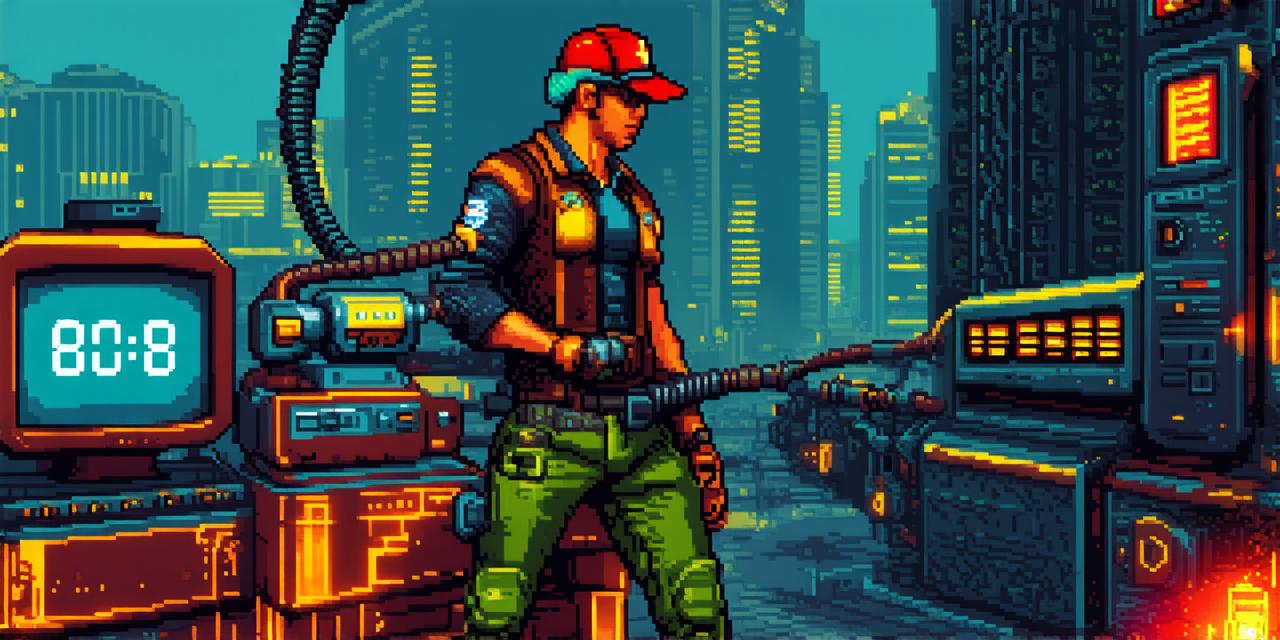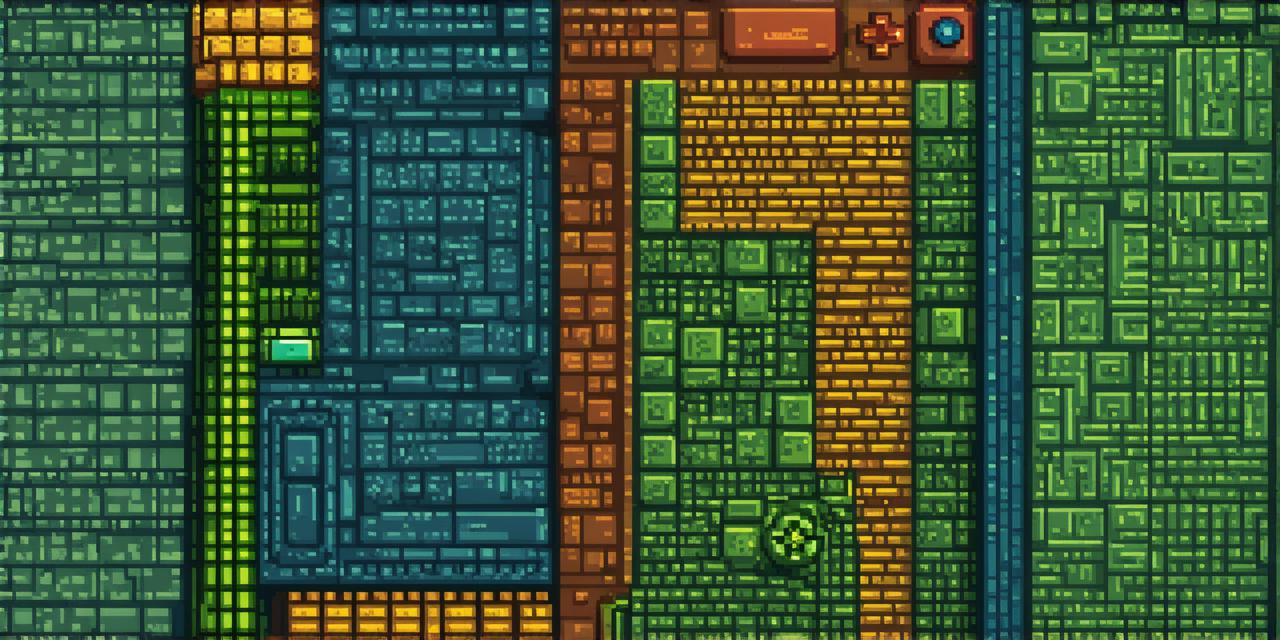The Longest Game Development Journey: Duration & Impact
Game development is a complex process that requires creativity, technical skills, and careful planning. Developers need to ensure that their games are engaging and have a long playtime to keep players interested.
The duration of the game development journey varies depending on various factors such as the complexity of the game, team size, and resources available.
The Binding of Isaac
One of the longest game development journeys is “The Binding of Isaac.” This game was developed by Edmund McMillen in 2010 and took over three years to complete. The development process involved a small team of developers who worked tirelessly to create one of the most successful games of all time.
The impact of the duration of the game development journey on players is significant. Longer games provide more opportunities for players to engage with the content, leading to a deeper emotional connection with the game world. Additionally, longer games offer a greater sense of accomplishment when players complete them.
However, not all gamers prefer longer games. Some gamers enjoy shorter games that can be played in a single sitting or over a few hours. These gamers prefer games that provide a more focused experience and are easier to complete.
Factors Affecting Game Development Duration
Several factors affect the duration of game development, including team size, resources available, game complexity, and player expectations.
Team Size
The size of the development team can significantly impact the duration of game development. Larger teams with more expertise can complete projects faster than smaller teams. However, larger teams can also lead to communication issues and coordination problems, slowing down the development process.
Resources Available
The availability of resources such as funding, technology, and equipment can also affect the duration of game development. Games that require advanced technology or equipment may take longer to develop than games that use readily available tools.
Game Complexity
The complexity of the game design can also impact the duration of game development. Games with intricate designs and mechanics may take longer to develop than games with simpler designs.
Player Expectations
Player expectations can also affect the duration of game development. Gamers who expect shorter games may become impatient if a game takes too long to develop, leading to a negative impact on sales and player retention.
Crafting Successful Games with Long Playtime
Despite the challenges associated with creating longer games, several strategies can be employed to create successful games with a long playtime.
Engaging Content
The content of the game should be engaging and provide players with a sense of progression. Players should feel that they are achieving something by playing the game, leading to a deeper emotional connection with the game world.

Replayability
Games that offer replayability can keep players engaged for longer periods. Offering different paths, challenges, or endings can encourage players to return to the game and explore new content.
Regular Updates
Regular updates can keep players engaged and provide them with new content to explore. Updates can also fix bugs and improve gameplay, leading to a better overall player experience.

Community Support
Games that have a strong community support can keep players engaged for longer periods. Community events, challenges, or contests can encourage players to interact with each other and the game world.
Collaboration
Collaborating with other developers or studios can also help create successful games with a long playtime. Collaborations can bring new ideas and expertise to the project, leading to a better overall product.
Summary
The duration of game development varies depending on various factors, including team size, resources available, game complexity, and player expectations. Longer games provide more opportunities for players to engage with the content, leading to a deeper emotional connection with the game world. However, not all gamers prefer longer games. Developers can craft successful games with a long playtime by creating engaging content, offering replayability, regular updates, community support, and collaboration.



